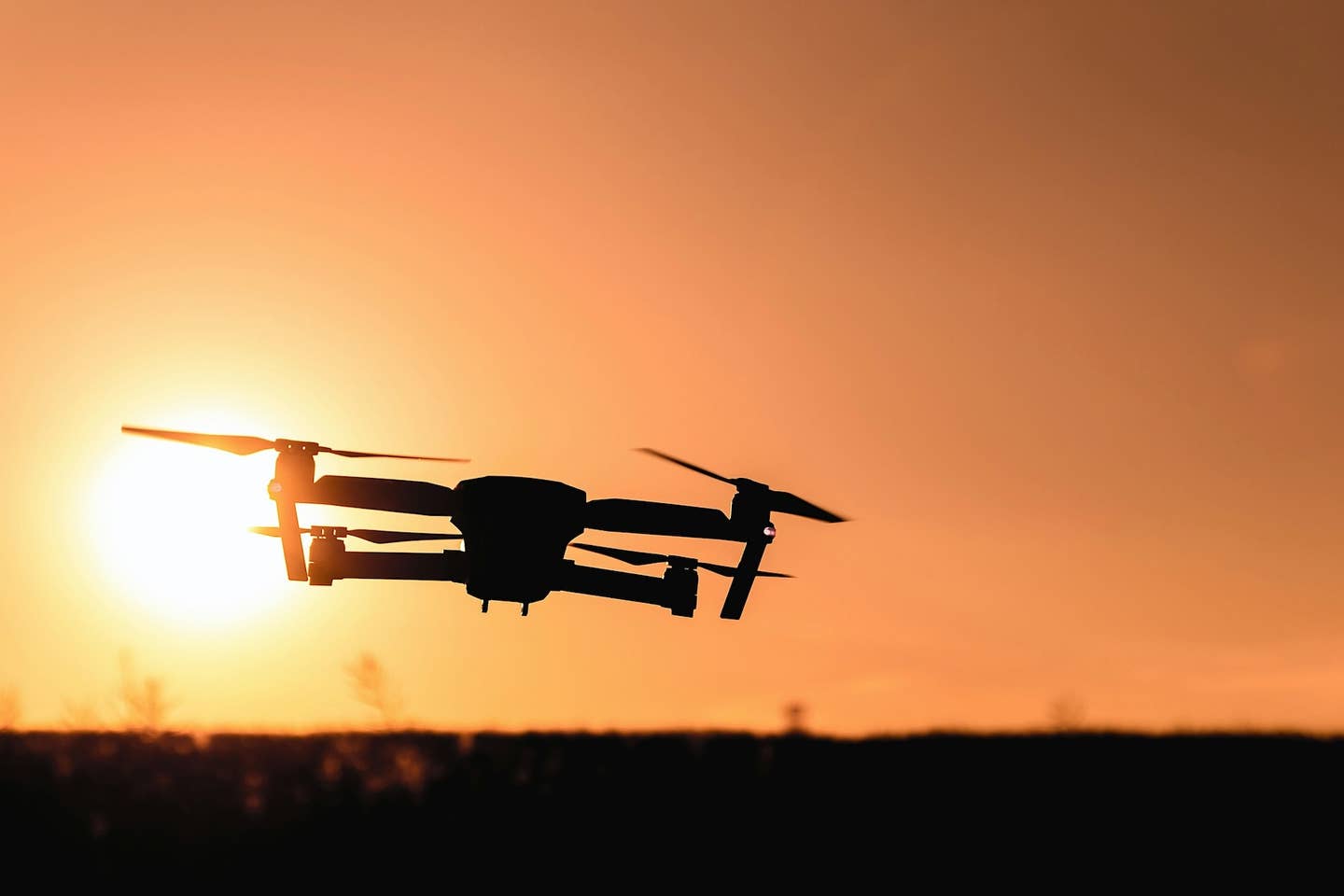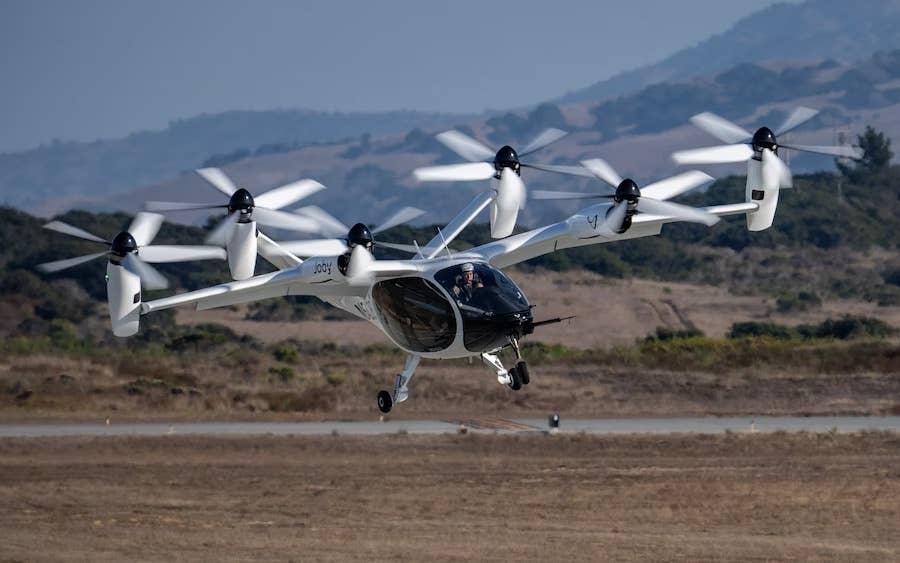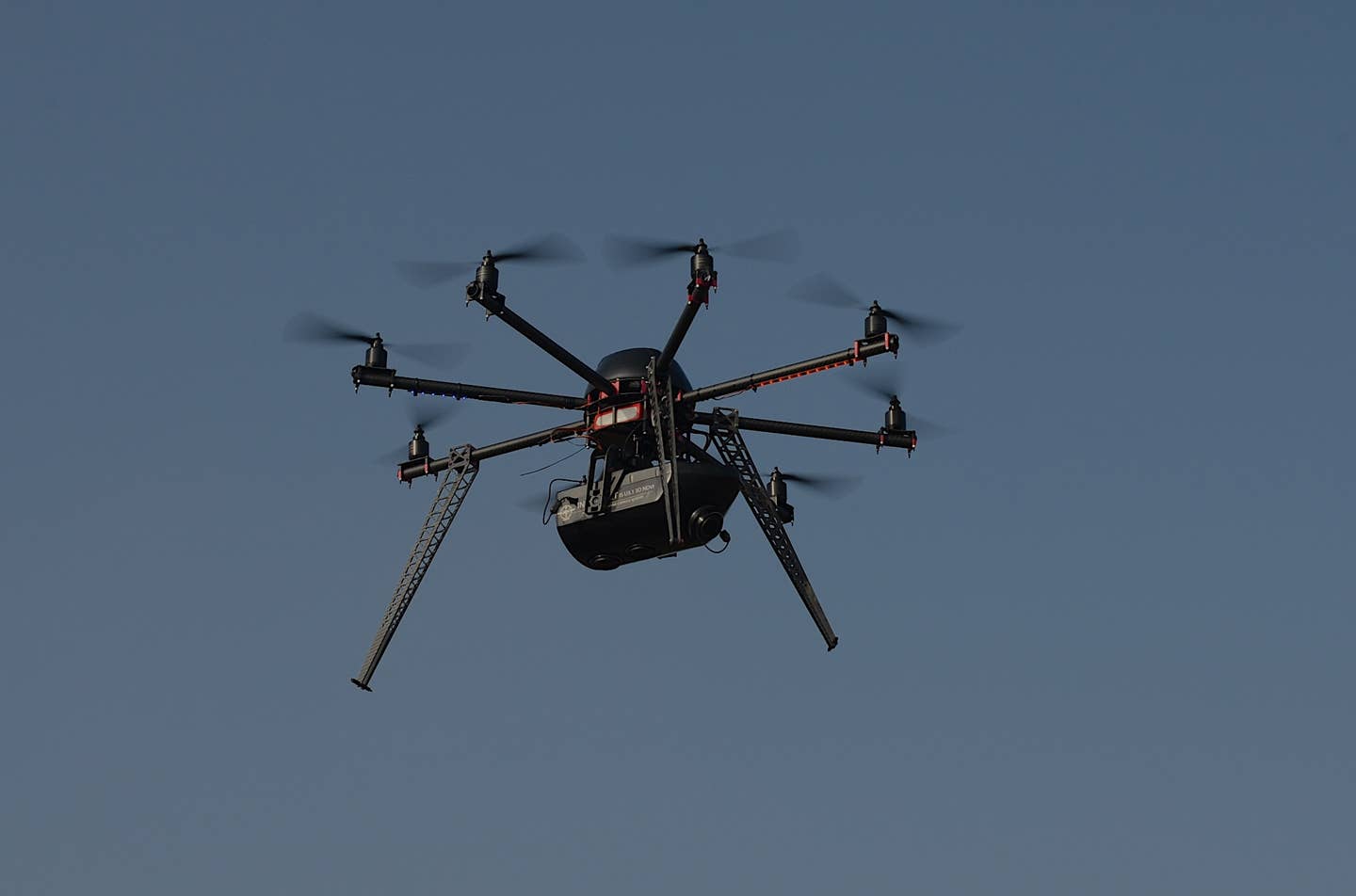Airline Mergers: Why Bother?
It may give the MBAs something to do, but there’s no demonstrated benefit for customers.
Predictably, when American Airlines and US Airways announced merger plans, US Airways CEO Doug Parker issued a bland statement straight out of the MBA-speak playbook: "The combined airline will have the scale, breadth and capabilities to compete more effectively and profitably in the global marketplace. Our combined network will provide a significantly more attractive offering to customers, ensuring that we are always able to take them where they want to go."Anyone who's had a detectable pulse for, say, the last 15 minutes, knows that companies don't merge and restructure for the benefit of customers, but to pad their own bottom lines. If customers benefit in any way, it's a happy coincidence and, in any case, it might not last. Large U.S. businesses-cellphone companies, credit card companies, major retailers, cable companies and the like-can no longer disguise the fact that they view customers as marks with bulging pockets. Similarly, with its unbundled fees trend, the airline industry has discovered a way to tap customers for more money without delivering additional value.So CEO Parker would have us believe the merger will miraculously turn one somewhat horrible airline (American) and one mediocre one (US Airways) into a mega carrier that will somehow delight customers as it whisks them off to hundreds of new destinations in some of the oldest airplanes in the fleet. (Even Aeroflot has newer airplanes.) The logic that suggests management that can't keep one airline solvent will somehow do better with a much larger one escapes me.The merger news has been met with varying degrees of worry, scorn and even mild enthusiasm. Here in Sarasota, the airport authority is rightfully sweating the potential loss of US Airways service, having been stung when AirTran pulled out after its merger with Southwest. American Eagle used to have a Sarasota presence, but it went away, too. The local airport board has learned to lower its expectations when dealing with airlines.Judging by a press release from Purdue University's Airline Quality Rating project that calls the merger a likely fiasco, I think we can put that organization in the skeptical column. And they more or less have the numbers to prove it. Purdue's Brent Bowen, Wichita State University's Dean Headley and the AQR project have been collecting and analyzing airline performance and customer satisfaction data for the past two decades. The AQR rates on-time performance, denied boardings, mishandled baggage and a range of customer complaints.To be fair, the AQR found in 2011 that airlines as a whole are actually improving, with the best performance in the 21-year-history of the survey. Still, American, with a combined AQR of -1.24 is a lower-tier airline, ranking 10th out of 15 airlines surveyed. American's associated regional, American Eagle, ranks dead last, while US Airways is mid-pack. Rated at -1.13, it ranks number eight. US Airways has improved markedly since 2005, but American's performance has improved only marginally. The number-one rated airline, by the way, is scrappy discounter Air Tran, with a -0.48 rating.Purdue's Bowen reckons that based on merger experiences during the past 25 years, the American/US Airways hook-up won't do anything but reduce customer choices and decrease competition. "There will be no benefits to performance and consumers will not see more quality. Employees of both airlines will be unhappy and destabilized for an extended period," Bowen says. If there's any faint hope that US Airways' better performance will influence American positively, Bowen says he doubts it. US Airways lacks the numerical heft to nudge American's culture upward. Although Bowen didn't say it, I wonder if it's more likely that the combined airline will sag below even US Airways' mid-stream rating.The merger awaits approval by U.S. regulators, but it seems unlikely they will do anything other than rubber stamp it. Regulators are concerned with broad economic and competitive issues, not whether an airline loses bags and stiffs passengers on boardings and cancellations. So, to summarize: The new, larger airline will probably have fewer total destinations, higher fares and fewer choices for customers and an unhappy, destabilized workforce for at least a period. That makes Bowen's word choice-fiasco-grimly appropriate. Here's hoping it doesn't stay that way.






